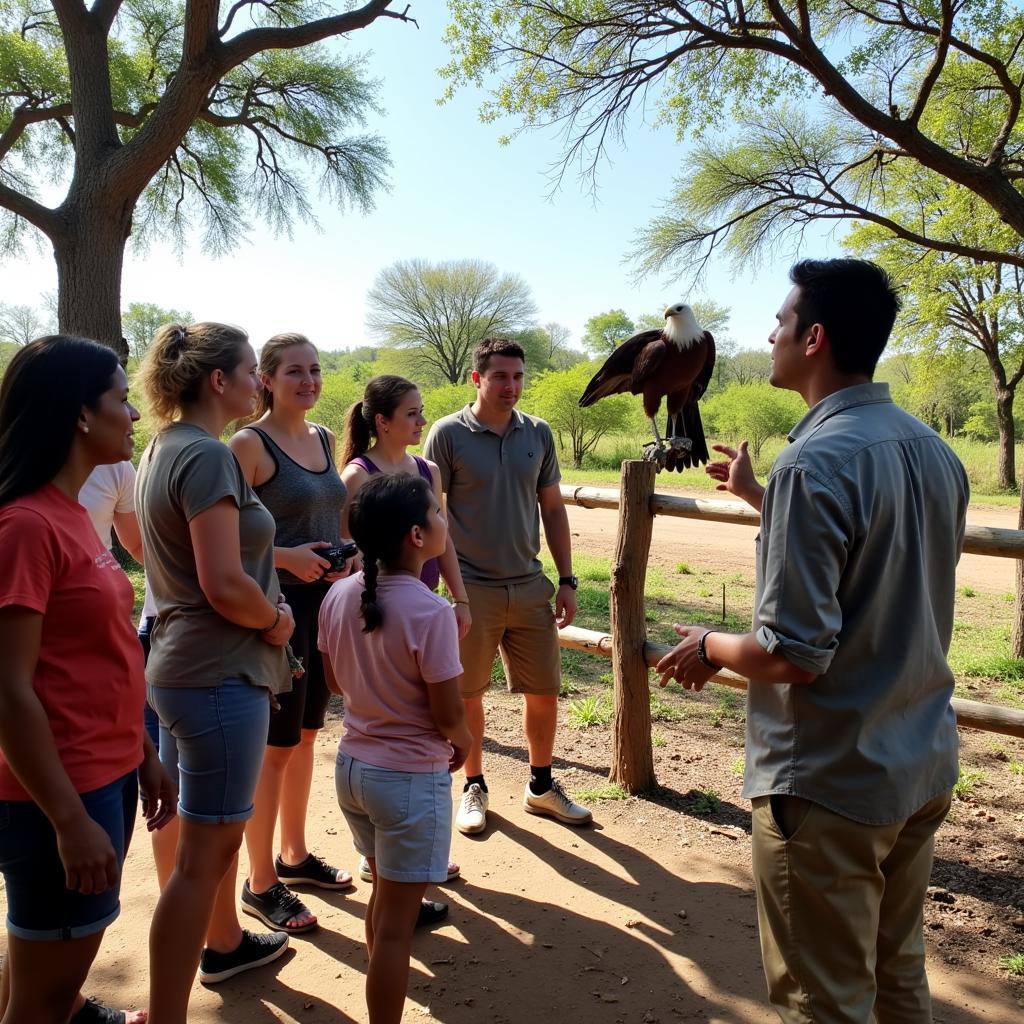African Helmeted Turtle (Pelomedusa Subrufa): A Complete Guide
The African helmeted turtle (Pelomedusa subrufa) is a fascinating aquatic reptile native to sub-Saharan Africa and parts of Yemen and Madagascar. These small, adaptable turtles are popular pets worldwide, known for their unique appearance and relatively simple care requirements. Let’s dive into the world of the African helmeted turtle and explore everything from their habitat and diet to their behavior and conservation status.
Habitat and Distribution of the African Helmeted Turtle
African helmeted turtles are remarkably adaptable and can be found in a variety of freshwater habitats, including rivers, lakes, swamps, and even temporary pools. They thrive in warm climates and are known to aestivate during periods of drought, burying themselves in mud to conserve moisture until rains return. Their range spans across sub-Saharan Africa, encompassing a vast array of ecosystems. They can also be found in southern and western Madagascar, and even in southwestern Yemen. This wide distribution speaks to their resilience and ability to survive in diverse environments. Want more information about their size? Check out african helmeted turtle size.
What Does the African Helmeted Turtle Eat?
African helmeted turtles are omnivorous, with a diet that consists of both plant and animal matter. In the wild, they feed on insects, crustaceans, mollusks, fish, amphibians, and carrion. They also consume aquatic vegetation and algae. This varied diet allows them to thrive in different environments and makes them relatively easy to feed in captivity. Have you ever wondered what other names they go by? See african helmeted turtle names.
Dietary Needs in Captivity
In captivity, a well-balanced diet is crucial for the health of an African helmeted turtle. Commercial turtle pellets can form the base of their diet, supplemented with insects, worms, leafy greens, and small amounts of fruit. It’s essential to provide a variety of foods to ensure they receive all the necessary nutrients.
 African helmeted turtle consuming insects
African helmeted turtle consuming insects
African Helmeted Turtle Behavior and Characteristics
African helmeted turtles are primarily aquatic but are known to bask on rocks and logs near the water’s edge. They are relatively shy and will often retreat into their shells when threatened. These turtles are also known for their ability to emit a musky odor when startled, a defense mechanism that helps deter predators. Are you curious about videos showcasing their behavior? Look at african helmeted turtle videos.
Social Interactions
While generally solitary, African helmeted turtles can tolerate living in groups, especially in larger enclosures. However, it’s important to monitor for aggression and ensure each turtle has enough space to avoid competition for resources.
Dr. Khadija Mwanga, a renowned herpetologist specializing in African reptiles, notes, “African helmeted turtles are often underestimated in their complexity. Their social interactions, though subtle, play a significant role in their overall well-being.”
Caring for an African Helmeted Turtle: A Beginner’s Guide
Providing proper care for an African helmeted turtle involves creating a suitable environment that mimics their natural habitat. A large aquarium or tub with a basking area is essential. The water should be clean and filtered, with a temperature maintained between 75 and 85 degrees Fahrenheit. A UVB light is also necessary to ensure proper calcium absorption and overall health. Interested in other African sideneck turtles? Learn more about the african sideneck turtle.
Conservation Status of the Pelomedusa Subrufa
Currently, the African helmeted turtle is listed as a species of Least Concern by the International Union for Conservation of Nature (IUCN). However, localized threats such as habitat loss and over-collection for the pet trade continue to pose challenges. Continued monitoring and conservation efforts are crucial to ensure the long-term survival of these fascinating creatures. Are you considering getting one? Find out about african aquatic sideneck turtle for sale.
Conclusion
The African helmeted turtle (Pelomedusa subrufa) is a captivating reptile with unique adaptations and an intriguing natural history. By understanding their needs and providing proper care, we can appreciate these remarkable creatures and contribute to their continued survival.
FAQ
- What is the average lifespan of an African helmeted turtle? They can live for several decades, with some individuals reaching over 50 years in captivity.
- How can I tell the sex of my African helmeted turtle? Males typically have longer, thicker tails than females.
- Do African helmeted turtles hibernate? They aestivate during dry periods, burying themselves in mud to conserve moisture.
- Can I house multiple African helmeted turtles together? Yes, but ensure adequate space and monitor for aggression.
- What are the signs of a healthy African helmeted turtle? Clear eyes, a smooth shell, active behavior, and a healthy appetite are all indicators of a thriving turtle.
- How often should I clean my turtle’s tank? Partial water changes should be done weekly, and a full tank cleaning every few months.
7.. What should I do if my turtle stops eating? Consult a veterinarian specializing in reptiles as loss of appetite can be a sign of illness.
Commonly Asked Questions and Scenarios
- My African helmeted turtle is constantly hiding. This can be normal behavior, especially in a new environment. Ensure the enclosure provides ample hiding places and gradually introduce yourself to the turtle.
- My turtle’s shell is soft. A soft shell can indicate a calcium deficiency or other health problems. Consult a veterinarian.
Further Exploration
- Learn more about African turtle species and their diverse habitats.
- Discover the challenges faced by turtles in the wild and the importance of conservation.
Contact Us
For further assistance, please contact us via Phone: +255768904061, Email: kaka.mag@gmail.com, or visit our office at Mbarali DC Mawindi, Kangaga, Tanzania. Our customer service team is available 24/7.

